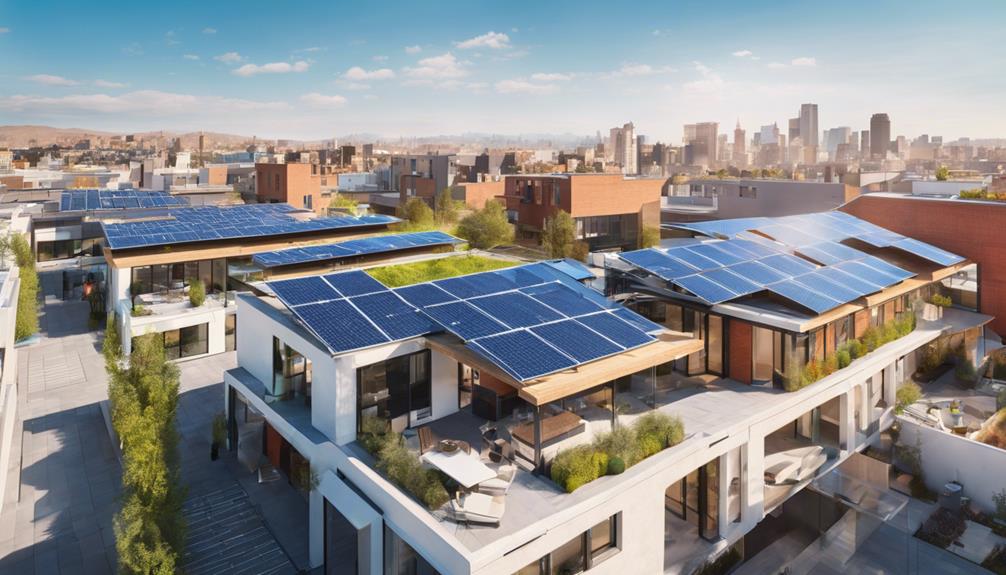
In recent years, the demand for renewable energy sources has significantly increased, with solar energy leading the charge. One of the essential components in a solar energy system is the controller panel solar. This blog post will explore the various aspects of solar controller panels, their functionalities, types, benefits, and how they contribute to a sustainable energy future.
Understanding Solar Controller Panels
A controller panel solar is a crucial device used in solar power systems to manage the energy produced by solar panels. Its primary function is to regulate the flow of electricity from the solar panels to the battery storage or directly to the electrical loads. By ensuring that the batteries are charged efficiently and preventing overcharging or deep discharging, solar controller panels play a significant role in extending the lifespan of battery systems. They are also responsible for optimizing energy usage, making them indispensable for any solar setup.
Types of Solar Controller Panels: Choosing the Right One for Your System
When selecting a controller panel solar, it’s essential to understand the different types available on the market. The two main categories are PWM (Pulse Width Modulation) and MPPT (Maximum Power Point Tracking) controllers.
PWM controllers are simpler and generally more affordable. They work by connecting the solar panel directly to the battery, adjusting the voltage to match the battery’s charge level. While they are effective for smaller solar systems, they are less efficient than MPPT controllers.
On the other hand, MPPT controllers are more advanced and expensive. They maximize the energy output by continuously adjusting the voltage and current, ensuring that the solar panels operate at their highest efficiency. For larger systems or those that require more energy, investing in an MPPT controller can significantly enhance performance.
Key Features to Consider When Buying a Solar Controller Panel
When searching for the right controller panel solar, several features should be prioritized to ensure you choose a product that meets your needs.
1. Voltage Compatibility: Ensure that the controller is compatible with your solar panel and battery voltage.
2. Amperage Rating: Select a controller with an amperage rating that matches your solar panel output.
3. Display and Monitoring: Many modern solar controllers come equipped with displays that allow for real-time monitoring of energy production and battery status, which can be invaluable for optimizing performance.
4. Protection Features: Look for features such as reverse polarity protection, overload protection, and temperature compensation to safeguard your system.
5. Durability: A robust and weather-resistant controller will ensure longevity and reliability, especially in harsh environmental conditions.
The Benefits of Using Solar Controller Panels
Investing in a quality controller panel solar yields numerous benefits that enhance the efficiency and sustainability of your solar energy system.
1. Increased Energy Efficiency: By optimizing charge cycles, solar controllers help maximize energy production and storage.
2. Battery Longevity: Proper regulation of charging and discharging cycles can significantly extend the life of your battery, saving you money on replacements.
3. Cost Savings: Efficient energy management allows for reduced energy costs and lowers your reliance on grid electricity.
4. Environmental Impact: Using renewable energy sources reduces your carbon footprint, contributing to a more sustainable future.
Installation and Maintenance of Solar Controller Panels
To ensure optimal performance from your controller panel solar, proper installation and maintenance are crucial. It’s advisable to follow the manufacturer’s instructions when installing the controller. Typically, this involves connecting the solar panel, battery, and load terminals correctly.
Regular maintenance includes checking connections, cleaning the solar panels, and monitoring the controller’s performance. Many modern solar controllers include diagnostic tools that can alert you to any issues, making troubleshooting easier. Routine checks will help ensure that your solar energy system operates efficiently and effectively.
Common Issues with Solar Controller Panels and How to Troubleshoot Them
Even with the best solar controller panels, issues may arise. Some common problems include:
1. Undercharging or Overcharging Batteries: This can occur if the controller is not correctly calibrated. Make sure to check the settings and adjust them according to the battery specifications.
2. Faulty Connections: Loose or corroded connections can lead to power loss. Regularly inspect all wiring and connections to ensure they are secure and clean.
3. Display Malfunctions: If the display is not functioning correctly, it may need to be reset or replaced. Refer to the manufacturer’s instructions for troubleshooting.
4. Overheating: Ensure that the controller is installed in a well-ventilated area to prevent overheating, which can damage the unit.
Future Trends in Solar Controller Panels
The solar energy industry is continuously evolving, and so are controller panel solar technologies. Future trends include the integration of smart technology, allowing for remote monitoring and control via smartphone apps. This advancement will enable users to manage their energy systems more effectively and optimize performance in real-time.
Additionally, advancements in materials and energy management algorithms will enhance the efficiency and lifespan of solar controllers. As the demand for renewable energy continues to grow, we can expect solar controller panels to become even more sophisticated, providing users with greater control over their energy consumption.
Conclusion: The Importance of Solar Controller Panels in Sustainable Energy Solutions
In conclusion, controller panel solar systems are vital for maximizing the efficiency and effectiveness of solar energy setups. By understanding the various types, features, and benefits of solar controllers, you can make informed decisions when selecting the right product for your needs. As technology continues to advance, solar controller panels will play an increasingly critical role in promoting sustainable energy practices and reducing our reliance on non-renewable resources. Investing in quality solar technology not only benefits you but also contributes to a greener planet for future generations.
By leveraging the insights offered in this guide, you’re now equipped to make the most out of your solar energy experience. Embrace the power of the sun and contribute to a more sustainable future today!





